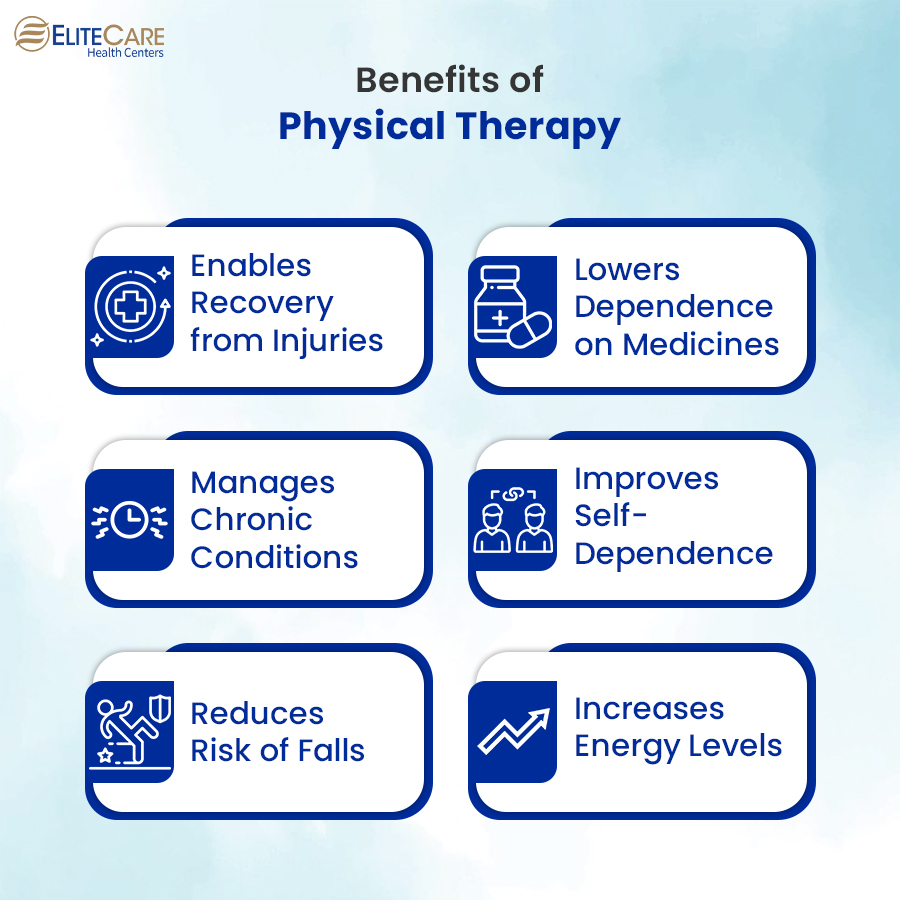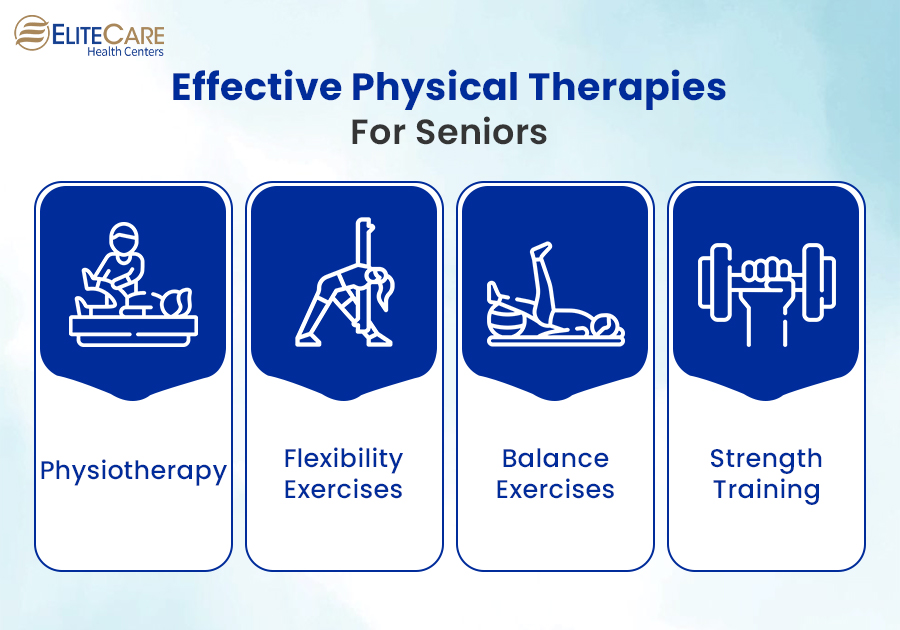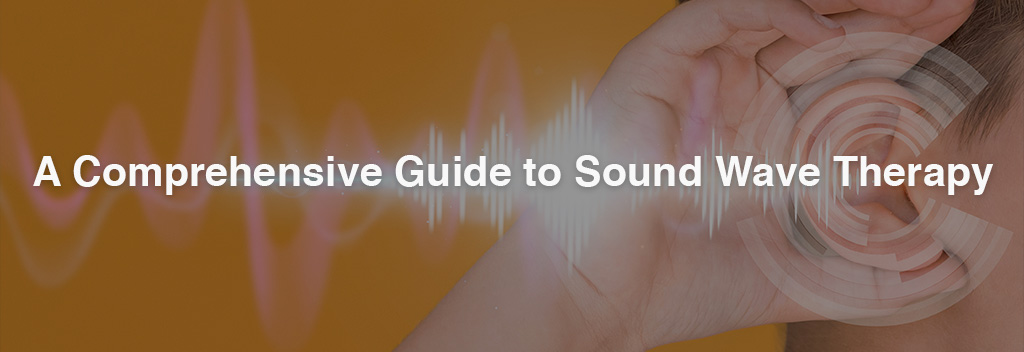
6 Benefits of Physical Therapy for Seniors

Older adults deal with different health challenges than younger patients and require a different approach to physical therapy. Here is a list of six benefits of physical therapy for the elderly:
1. Reduces the risk of falls
The Centers for Disease Control (CDC) reports that about 3 million older adults are annually rushed into the emergency room to treat injuries after a fall. A fall can also lead to critical head injuries, broken bones, etc. Maintaining balance is vital in fall prevention. Physical therapy helps improve balance by strengthening muscles and reduces the risk of fall-related injuries among seniors.
2. Lowers dependence on medicines
Older adults often experience pain associated with arthritis, osteoporosis, and chronic headaches. While most seniors depend on prescribed medication to alleviate discomfort, sometimes these medications result in unwanted side effects like constipation, nausea, drowsiness, etc. With minimal medication, physiotherapy and cold and hot compresses may help reduce chronic pain.
3. Manages chronic conditions
Diabetes, asthma, heart diseases, and joint pain are some chronic health conditions that last for a prolonged period. Chronic diseases can have a significant impact on the lifestyle of an individual. A recent study revealed that interval training or short, alternating periods of both higher and lower intensity exercises are effective in managing most of these conditions.
- Arthritis: People aged 65 and older have some form of arthritis in their spine, but the symptoms may not show up immediately. Physical therapists utilize physical techniques such as hot and cold compresses, mobility exercises etc. to alleviate any discomfort. The same techniques also work well as a preventative tool for curbing any future pain that can occur as a result of arthritis.
- Diabetes: Resistance exercises are a form of physical activity prescribed to improve muscular fitness. When combined with a proper diet plan, resistance exercise helps muscles to respond to insulin. Therefore, insulin allows sugars to be absorbed instead of staying in the bloodstream and helps manage type 2 diabetes.
- Parkinson’s Disease: Parkinson’s Disease is an irreversible medical condition, currently affecting 1.5 million Americans. Although it is not completely curable, physical therapy includes gait and balance training, resistance training and regular exercise which can improve the patient’s condition by enhancing flexibility and range of motion (ROM).
- Alzheimer’s Disease: About 10% of Americans aged over 65 years suffer from Alzheimer’s disease. Physical therapists suggest sight, sound, and touch cues, mirroring methods and task breakdown for Alzheimer’s. These techniques help improve cognitive function and reduce the impact of Alzheimer’s and other forms of dementia.
Physical therapists work alongside primary care physicians to create individual treatment plans for each person depending upon their condition. They also educate people on how to use equipment and assistive devices to manage their health
4. Improves self-dependence
Activities of daily living or ADLs are essential but become more challenging with age. Preparing meals, doing laundry, mowing the lawn, or cleaning the house can be challenging for seniors. Physical therapy is very effective in improving mobility so that patients can complete daily tasks without any help. It is an easy method to boost their confidence to help them live a good quality, independent life.
5. Helps to recover from injuries
After a certain age, when aged adults start losing muscle strength, they become more prone to injury or illness. Physical therapists are specially qualified to recognize deficiencies in the body’s biomechanics. Hence, they target specific areas of weakness and emphasize core strengthening and stability through physical therapy. To speed up recovery after surgery, doctors often recommend strengthening exercises.
6. Increases energy level
Older adults often suffer from fatigue as a side effect of multiple medications. Physical therapy boosts blood and oxygen circulation inside the body. As a result, it increases energy production and allows individuals to live an active life.
Most Effective Physical Therapy for Seniors

Although different types of physical therapy and exercises are available for seniors, each technique serves a particular purpose. Consult a qualified trainer before opting for any physical therapy technique.
Consider the following 4 most effective physical therapy treatments for the elderly.
Manual therapy or physiotherapy
As the name implies, manual therapy treatment is a form of physical therapy that involves hands-on techniques without the assistance of devices or machines. It is a therapeutic method targeted at relieving chronic pain and improving mobility with the help of two main techniques:
- Stretching
- Joint mobilization
Flexibility exercises
As people age, flexibility becomes a primary issue that prohibits them from doing everyday chores. Older people often find it difficult to bend down while tying their shoes or climbing stairs due to their lack of flexibility. The purpose of flexibility exercises is to increase mobility. Some of the most common flexibility exercises are,
- Toe touches
- Hamstring stretches
- Quadriceps stretches
Strength training exercises
To increase muscle mass, seniors must have strong muscles. Strength training exercises focus on eliminating muscle spasms and strengthening the core muscles. Some of the most common exercises in this setting include:
- Flexion and extension movements (for the knees and hips)
- Straight-leg lifts with light weights while sitting
- Standing heel raises
Balance exercises
Maintaining a proper balance is the key to preventing falls and injuries among the elderly. Balance exercises empower seniors by solving mobility issues and helping them to live an independent life. Physical therapists can assist patients with balancing exercises such as:
- Side leg raises
- Standing on one leg
The Bottom Line
The benefits of physical therapy for seniors are not limited to gaining strength and balance but it inspires a sense of confidence in them as well. Always consult a physical therapist as they have special training and skills to develop an appropriate treatment plan based on the unique needs of each person.






